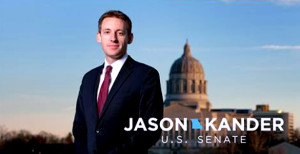March 3, 2016 — Both Hillary Clinton and Donald Trump delivered strong performances Tuesday night in their respective Super Tuesday primaries and caucuses, but neither could land the knockout punch for which they hoped.
Clinton continued her dominance in the south, but surprisingly stumbled in Oklahoma. She won seven of the 11 Democratic voting entities Tuesday night (with American Samoa still to report at this writing). Sen. Bernie Sanders, in addition to his 51-41 percent win in Oklahoma, took his home state of Vermont, and the Colorado and Minnesota caucuses.
Clinton was again dominant in the states with large African-American populations and it is probable that she once more attracted approximately 90 percent support within the black community. Sanders, however, is in the superior position among white Democratic voters. Massachusetts was the only northern state that Ms. Clinton carried, but it was close. She finished with 50.3 percent of the Bay State popular vote.

